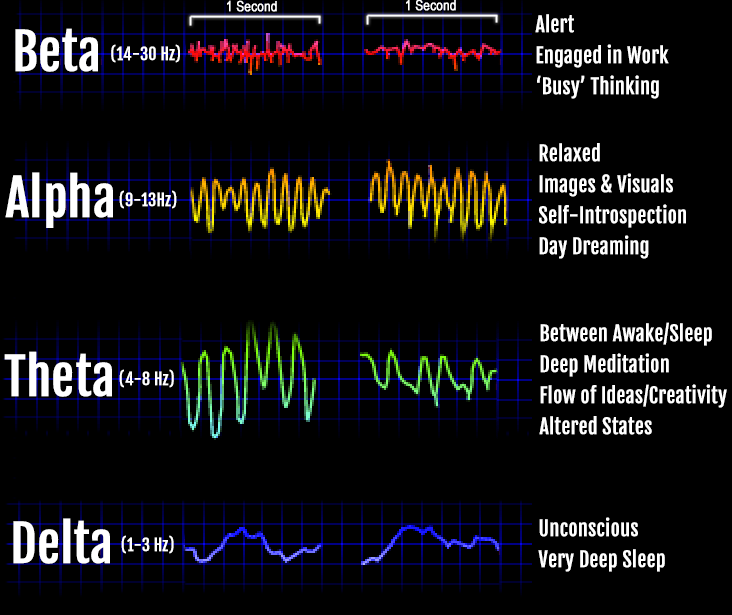“Can hypnosis really help control my anxiety?”
Multiple research studies have shown that hypnotherapy can help relieve stress, fear, panic and anxiety. Hypnotherapy is an advantageous treatment for anxiety because it allows clients to face their fears in a relaxed and safe environment and address the underlying emotions and core beliefs that feed the anxiety.
“Hypnotherapy and training in self-hypnosis can help persons achieve remarkable success in alleviating anxiety, not only in anxiety disorders, but also in any problem involving anxiety. . . because hypnosis exploits the intimate connection between mind and body, it provides relief through improved self-regulation and also beneficially affects cognition and the experience of self- mastery.” (Smith, 1990, p. 209)
Hypnosis has proven effective in the management of preoperative and postoperative anxiety, including situations in which the patient is in a crisis period. A common example of how hypnosis or hypnotherapy can be used to treat anxiety is in work with medical conditions and treatments that characteristically evoke significant anxiety such as a dental phobia.
“I’m afraid to try hypnosis, what happens during hypnotherapy?”
Fear is a normal emotion that we all have, but fear can also fuel anxiety. So, if you struggle with anxiety, it only makes sense that you may be a little fearful about trying a new treatment or even walking into a therapist’s office. With clinical hypnotherapy, the client is always in control, the therapist is merely the guide. The therapist can never make you do something that you do not want to do.
There are generally three parts to a hypnotherapy session: The induction, the therapeutic session and finally the transition to wakeful awareness. During the induction, the therapist will guide you into trance which is a deep level of relaxation. During the therapy portion, the content will depend upon the identified issue that you have indicated that you want to work on. During the transition to wakeful awareness, you will be brought out of trance back to a state of full alertness.
“Is hypnotherapy just smoke and mirrors?”
The stigma and skepticism attached to hypnosis means that a lot of people who are struggling with anxiety or other mental health issues, don’t know that it is even a real option for them. There has been a lot of research done on hypnotherapy that indicate it’s a legitimate therapeutic modality. Quite often, licensed mental health professionals will use hypnotherapy along with other treatment modalities in order to treat anxiety.
Countless research findings have shown that there is a biological aspect of hypnosis and this data also supports the American Psychological Association’s claim that it is not a sleep-like state, but rather a state of heightened concentration. Our brain cells communicate using electrical impulses, currents that flow from one brain cell to the next. The cells don’t fire these impulses in isolation, but in groups and in synchrony. They also fire at different frequencies in different states of awareness, which are called brain wave rhythms. Think of electrical impulses as a language that your brain speaks and the brain wave rhythms as the speed at which the language is spoken…some speak too fast, while others speak too slow.

